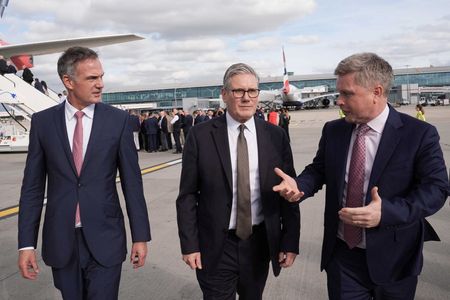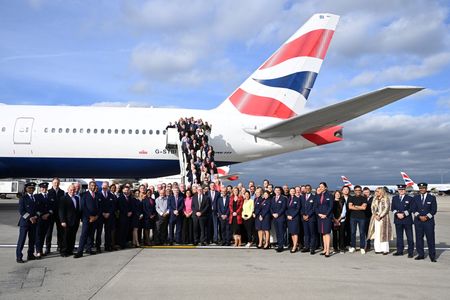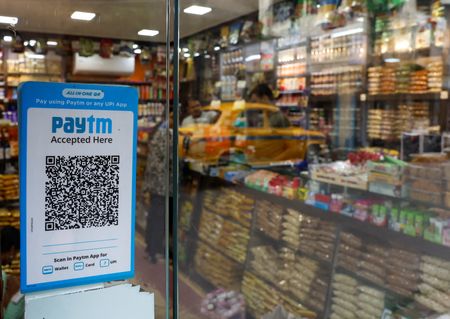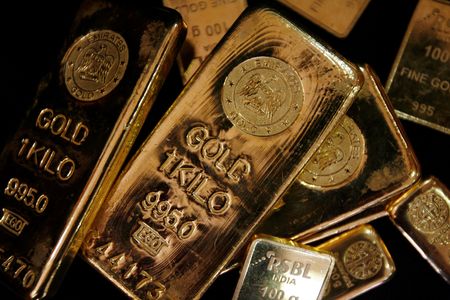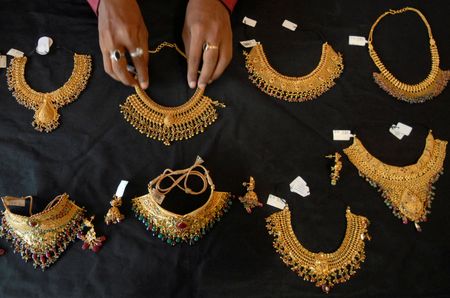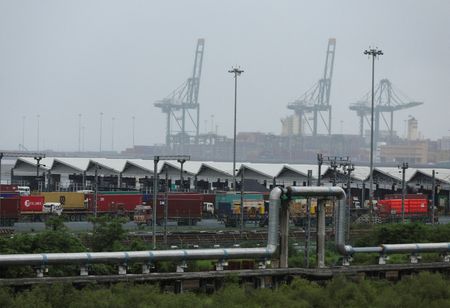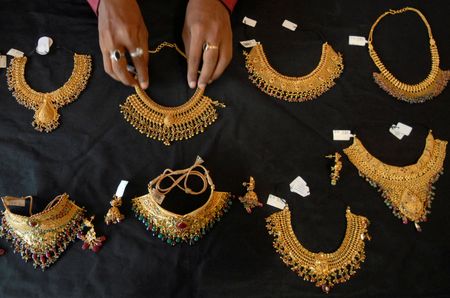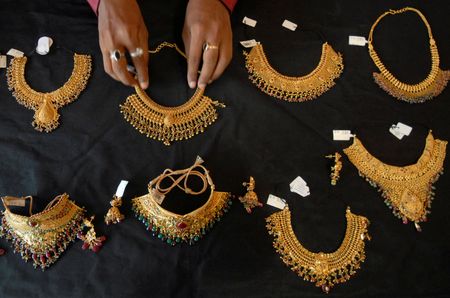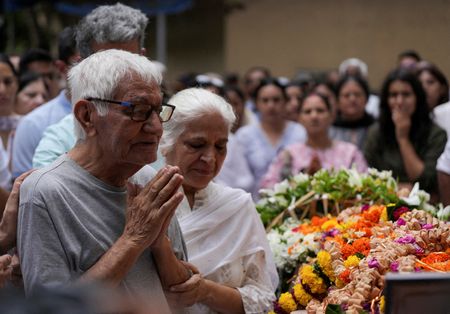By Alistair Smout
MUMBAI (Reuters) -British Prime Minister Keir Starmer begins a two-day visit to India on Wednesday, joined by over a hundred leaders from the business, culture and university sectors in an effort to promote a recently signed trade deal.
Britain and India signed a free trade agreement in July during a visit by Indian Prime Minister Narendra Modi, sealing a deal to cut tariffs on goods from textiles to whisky and cars, and allow more market access for businesses.
Talks on the trade pact were concluded in May after three years of stop-start negotiations, with both sides hastening efforts to clinch a deal in the shadow of tariff turmoil unleashed by U.S. President Donald Trump.
The deal between the world’s fifth- and sixth-largest economies aims to increase bilateral trade by a further 25.5 billion pounds ($34 billion) by 2040.
But the government has said that the projections were a floor, not a ceiling, to the ambition of the deal, and the visit with executives from the likes of oil major BP, engine maker Rolls-Royce, telecom firm BT, was aimed at maximising Britain’s biggest post-Brexit trade deal.
“It’s not just a piece of paper, it’s a launchpad for growth,” Starmer said, adding that India was projected to be the third-biggest economy in the world by 2028. “The opportunities waiting to be seized are unparalleled.”
Starmer will hold bilateral talks with Modi on Thursday. Both sides have said they are looking to ratify the deal and bring it into effect within the next year.
Growth is one of Starmer’s key priorities as he tries to reverse a slide in the polls, with a November fiscal budget expected to show a tricky fiscal picture.
British Airways, owned by IAG, said it would add a third daily flight from London’s Heathrow Airport to Delhi in 2026, while Manchester Airport also said it would add a Delhi route, operated by IndiGo.
The trip also features representatives from drinks maker Diageo and the Scotch Whisky Association, with the UK-India trade deal set to cut whisky tariffs faced by UK firms to 75% from 150%, before reducing them to 40% over the next decade.
The industry has been lobbying the UK government to reduce U.S. tariffs after a deal between the countries did not cover whisky.
(Reporting by Alistair Smout; Editing by Nia Williams)

